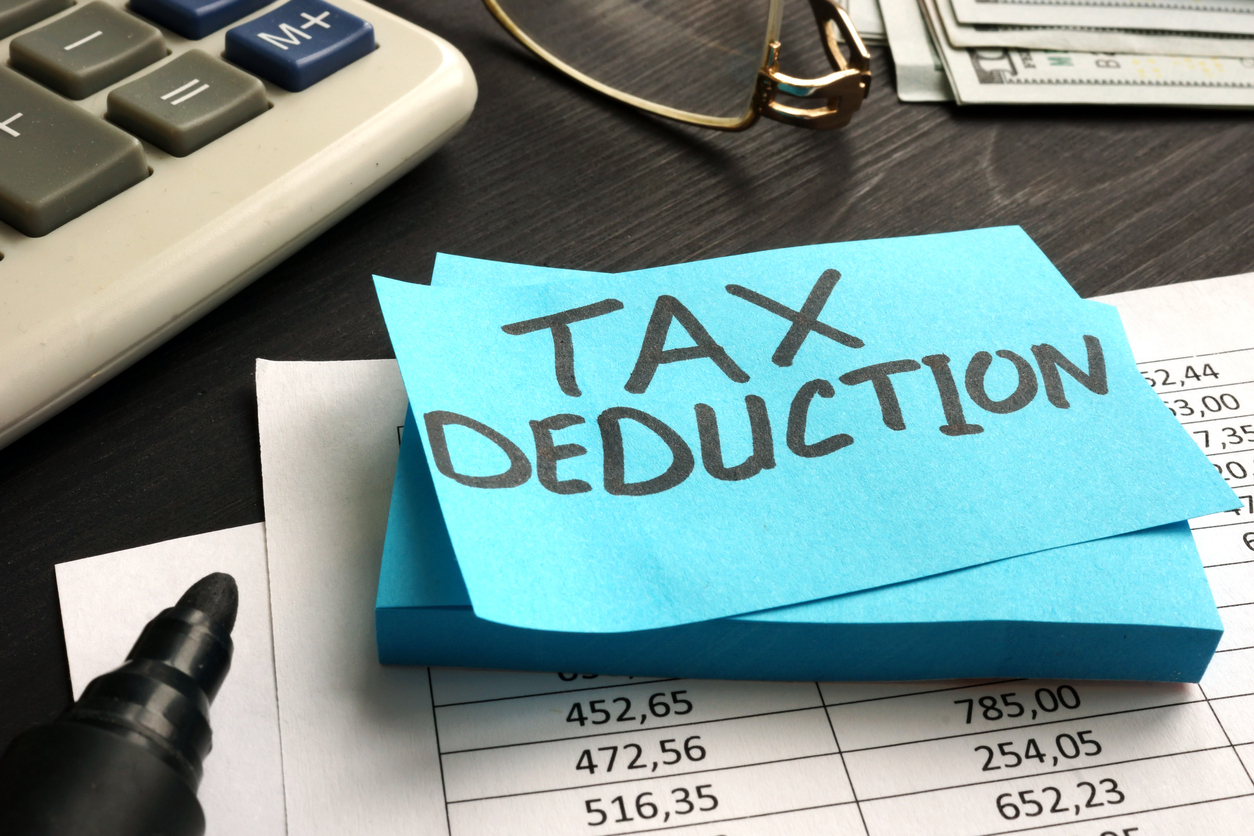Many homeowners want to know if they still are allowed to deduct mortgage interest on a second home or investment property. If you are considering buying a second home it makes sense to address the potential tax advantages before you invest money and get a mortgage.
Tax Deduction on Mortgage Interest for Second Homes
Owning a second home is a dream for many, offering a getaway from daily life or serving as an investment property. One of the significant financial considerations for second homeowners is the tax implications, specifically whether you can deduct mortgage interest on a second home. The good news is that, under certain conditions, you can indeed deduct mortgage interest on a second home. This article will explore the intricacies of HELOC interest and mortgage interest deductions for second homes, the requirements to qualify, and how changes in tax laws might affect your deductions.
Understanding Mortgage Interest Deductions
Mortgage interest deductions allow homeowners to reduce their taxable income by the amount of interest paid on their mortgage loans. This deduction can significantly lower your tax bill, making homeownership more affordable. The deduction applies to both primary and secondary homes, but there are specific rules and limitations. Read what the IRS says about mortgage interest deductibility.
IRS Rules for Mortgage Interest Deductions
According to the IRS, mortgage interest is deductible on up to two homes: your primary residence and one additional home. However, several conditions must be met:
Qualified Residence: The second home must be considered a qualified residence. This means it should be used as a home, not just an investment property.
Loan Amount Limits: The mortgage interest deduction is subject to loan amount limits. Under the Tax Cuts and Jobs Act (TCJA) of 2017, the mortgage interest deduction is limited to interest on the first $750,000 of combined mortgage debt for homes purchased after December 15, 2017. For homes purchased before that date, the limit is $1 million. Find out why people are using a home equity loan to buy a second home.
Usage Requirements: The second home must be used for personal purposes for at least part of the year. The IRS has specific rules about how many days a property must be used for personal purposes versus rented out to qualify as a residence.
Personal Use vs. Rental Use
The way you use your second home affects your ability to deduct mortgage interest. Here’s a closer look at the rules for personal use and rental use:
Personal Use
To qualify for mortgage interest deductions, the second home must be used personally for at least 14 days per year or 10% of the days it is rented out at a fair market rate, whichever is greater. If you use the home only for personal use, you can deduct the full amount of mortgage interest paid, subject to the loan amount limits.
Rental Use
If you rent out your second home for part of the year, things become more complex. If the home is rented out for more than 14 days per year and you use it for personal purposes for more than the greater of 14 days or 10% of the days rented, the IRS considers it a rental property. In this case, you can still deduct mortgage interest, but the deduction must be prorated based on the number of days the property is used for personal purposes versus rented out.
Mixed Use
Many second homeowners use their property for both personal enjoyment and as a rental property. If you fall into this category, you can still deduct mortgage interest, but you need to keep detailed records of personal use versus rental use. The mortgage interest deduction will be prorated based on the ratio of personal use days to total days the home is rented.
Other Deductible Expenses
In addition to mortgage interest, other expenses related to your second home might also be deductible. These include:
Property Taxes: You can deduct property taxes paid on your second home, subject to the $10,000 cap for state and local tax deductions under the TCJA.
Insurance and Maintenance: While not deductible as mortgage interest, certain expenses like insurance and maintenance can be deducted against rental income if the property is rented out.
Points and Origination Fees: Points and origination fees paid to secure the mortgage on your second home may be deductible, either in the year paid or over the life of the home loan or 2nd mortgage.
Impact of the Tax Cuts and Jobs Act
The Tax Cuts and Jobs Act (TCJA) of 2017 brought significant changes to mortgage interest deductions. Here are some key points to consider:
Lower Deduction Limit: The TCJA reduced the mortgage interest deduction limit from $1 million to $750,000 for new loans taken out after December 15, 2017. This limit applies to the combined total of loans on both the primary and second home.
State and Local Tax (SALT) Deduction Cap: The TCJA introduced a $10,000 cap on the deduction for state and local taxes, including property taxes. This cap applies to the combined total of state and local income, sales, and property taxes.
Standard Deduction Increase: The TCJA nearly doubled the standard deduction, which means fewer taxpayers itemize deductions. To benefit from the mortgage interest deduction, your total itemized deductions, including mortgage interest and other eligible expenses, must exceed the standard deduction.
Tax Strategy for Second Homes
To maximize your tax benefits, consider the following strategies:
Keep Detailed Records: Maintain thorough records of your mortgage interest payments, property taxes, and any rental income or expenses. This will help you accurately calculate your deductions.
Plan Your Usage: Be mindful of how you use your second home. If you rent it out, keep track of the number of days it’s rented versus used personally to ensure you comply with IRS rules.
Consult a Tax Professional: Tax laws are complex and can change frequently. Consult a tax professional to ensure you are taking full advantage of available deductions and complying with IRS regulations.
Summary on Tax Deductions on Second Homes
Deducting mortgage interest on a second home can provide significant tax savings, making homeownership more affordable and enjoyable. However, it’s essential to understand the IRS rules, usage requirements, and the impact of recent tax law changes. By keeping detailed records, planning your usage, and consulting with a tax professional, you can maximize your mortgage interest deductions and enjoy the financial benefits of owning a second home.
Smart Lending will help you find mortgage lenders and brokers that offer second home mortgage loans with a competitive interest rate and no application fee.



